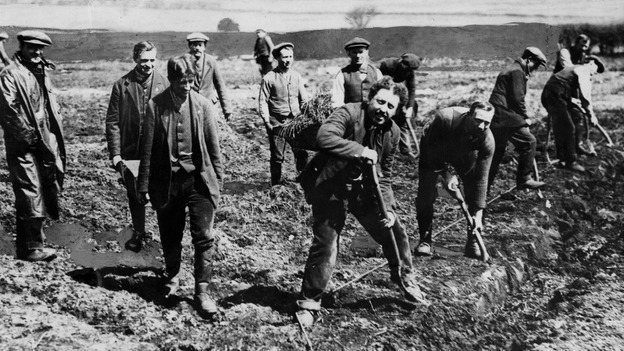This term Conscientious Objector came into prominence during the First World War, and was applied to those who claimed that they objected on moral or religious grounds in a military service about fighting capacity. Special measures were taken to deal with them in the Military Service Act of 1916.There were many who found in it a convenient excuse to a avoid going to the front.The basis of conscientious objection is the freedom of conscience.
Characteristics of Conscientious Objection.
The basis of conscientious objection is the freedom of conscience.According to this, it is possible to specify some characteristics.
-
It must be clear that conscientious objection is a result of an ideological freedom that can not be exercised by an institution (hospital, health center, etc.)
-
The motive of the objection must be the imperative of conscience, not a way of influencing public opinion, hindering the decision of the majority or eliciting adherents to the position of the objector.
-
The act must be based on a belief that definitely leads to an action or inaction.
-
It implies exemption from the fulfillment of a legal or contractual obligation.
-
It requires a justification. It is not sufficient justification that a person does not agree with a rule, but invokes moral or religious reasons based on dogmas.
-
Compliance with the law is not merely prudential, but moral respect for the rule of law.
-
That the beliefs are under the scope of protection, that is, that they are duly regulated in the legal sphere of a country and that it establishes the right of freedom of conscience with its implication of conscientious objection.
-
That the default is as a result of what the person “is”, their most intimate values, not a mere invocation of a value or dogma, if it is proven that this person has always acted under that belief and practice Not only an enunciation of the right is enough to avoid complying with the obligation, under which an act has been compelled to comply.
-
Intensity or consistency of behavior; that is, that his religious or moral practice is constant and he can demonstrate it.
The objector can rely on his moral autonomy as long as he does not transform other people into objects or mere instruments of satisfying his duty of conscience. The objector is entitled to breach a legal duty, but not to damage the rights of others, force them to share their criteria or use others as instruments.
The conscientious objector must meet certain requirements:
- The conscientious objector is an individual, not an institution.
- It has a conscience imperative.
- Failure to comply with the norm must be based on what the person really “is”.
- It must rely on its moral autonomy without trying to influence other people.
- Must comply with an explicit and documented manifestation of the conscientious objector in front of a certain medical procedure.
- Must have proven ethical and moral authority.
- It must be consistent with its principles.
- He must act as an objector at all levels (public and private).
You can be denounced for not being a conscientious objector who meets the requirements and there is no other professional who can intervene, or the patient was not referred with an opportunity and a convenient place to solve your health problem.

